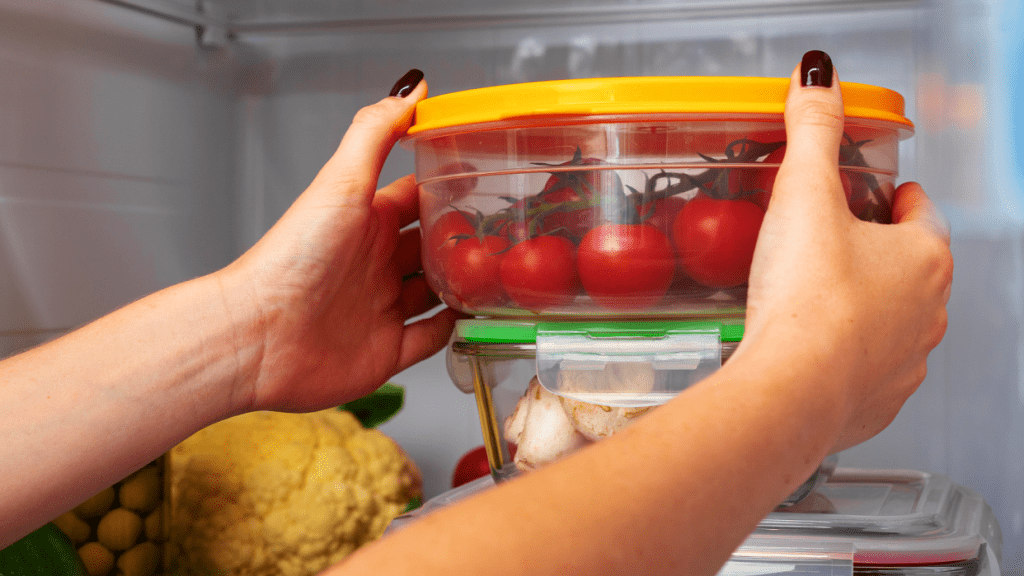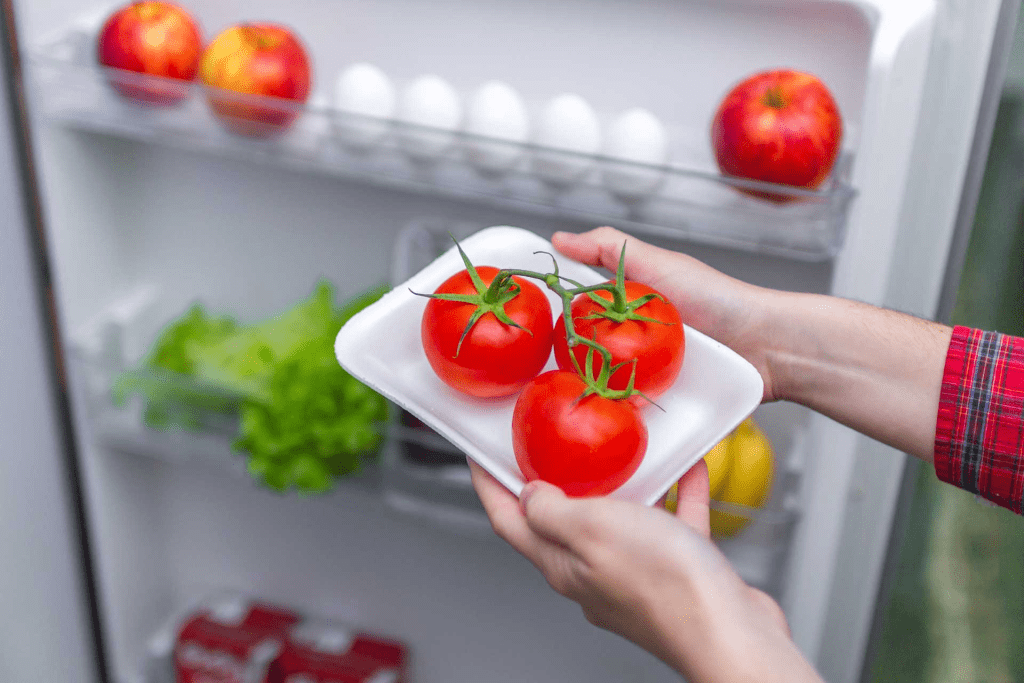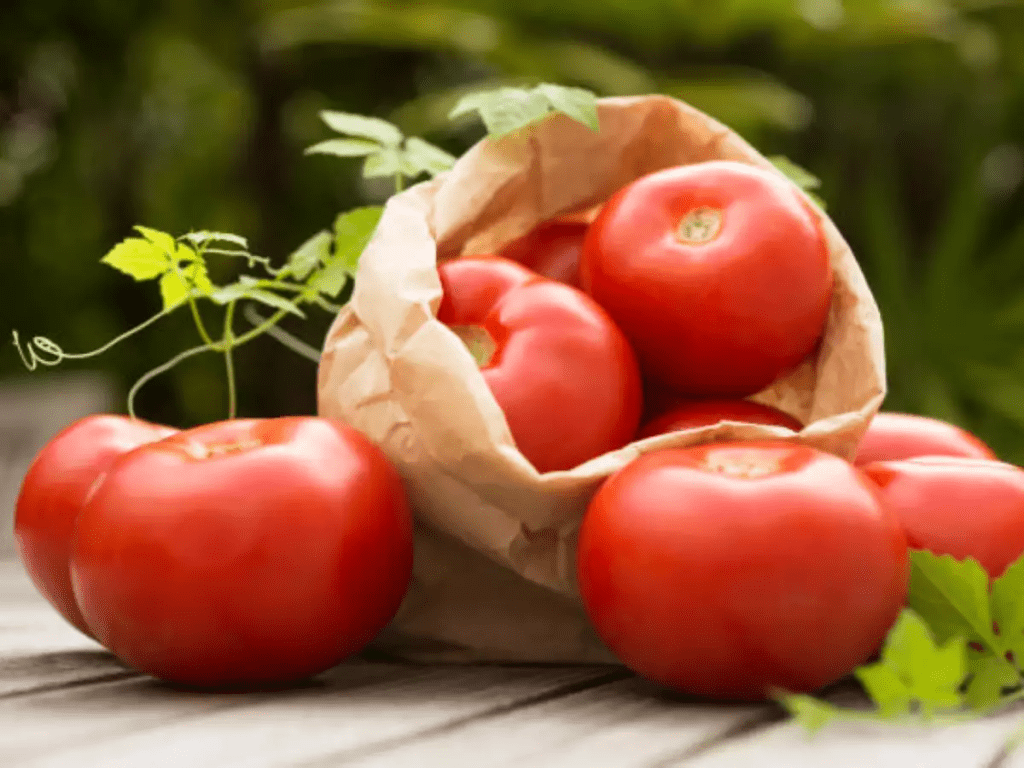Tomatoes are a staple in many kitchens, but they also spark one of the most divisive food debates: should they be stored in the fridge or left on the countertop? Like many culinary discussions, this one often comes down to personal preference, family traditions, and even a bit of science. If your mother-in-law has ever scolded you about refrigerating tomatoes, you’re not alone.
Why Are Tomato Storage Preferences So Controversial?

Tomato storage is more than just a practical choice—it’s a matter of habit, tradition, and taste. For some, the countertop represents a natural way to keep tomatoes, reminiscent of fresh produce markets. For others, the fridge is a modern solution for extending shelf life. These preferences often stem from personal experiences, cultural practices, or advice passed down through generations.
For example, your mother-in-law may have grown up in a time or place where countertop storage was the norm. Meanwhile, modern convenience often leads younger generations to prioritize longevity over flavor.
The Science of Tomato Storage
To understand where tomatoes should be stored, let’s get a little scientific. Tomatoes are highly sensitive to temperature changes, and their cellular structure can be altered when exposed to cold conditions. Here’s what happens:
- Refrigeration Effects: Storing tomatoes in the fridge slows down the ripening process by halting enzymatic reactions. While this can extend their shelf life, it also impacts their texture, making them mealy or mushy.
- Countertop Effects: At room temperature, tomatoes continue to ripen, allowing their natural sugars and flavors to develop fully. However, this also means they’re more susceptible to spoilage, especially if they’re already ripe.
The key takeaway? Temperature matters, and understanding your tomatoes’ ripeness is critical for determining where they should be stored.
The Case for Storing Tomatoes in the Fridge
Refrigeration has its merits, particularly for ripe tomatoes that are on the verge of going bad. If you’ve ever bought a batch of tomatoes and couldn’t use them right away, you’ll appreciate the fridge’s ability to buy you some extra time.
- Prolonged Freshness: Ripe tomatoes stored in the fridge can last several days longer than those left on the countertop.
- Mold Prevention: The cold environment slows down the growth of mold and bacteria, keeping your tomatoes safe to eat.
- Convenience: If you don’t have time to consume your tomatoes quickly, the fridge is a practical solution.
However, it’s essential to note that refrigeration doesn’t come without drawbacks. Once tomatoes are chilled, they often lose their vibrant flavor and firm texture.
The Argument for Keeping Tomatoes on the Countertop
For many, the countertop is the gold standard for tomato storage. It’s all about preserving that rich, fresh-off-the-vine taste.
- Flavor Preservation: Tomatoes stored at room temperature maintain their full flavor profile, which is essential for dishes like salads or bruschetta.
- Better Texture: Countertop storage helps tomatoes retain their natural firmness and juiciness, avoiding the dreaded mealy texture caused by refrigeration.
- Aesthetic Appeal: Let’s face it—ripe, colorful tomatoes on the countertop add a touch of rustic charm to any kitchen.
However, leaving tomatoes on the countertop does come with risks. If not consumed promptly, they can over-ripen or spoil, especially in warmer climates.
Cultural and Generational Perspectives

Storage preferences aren’t just about science; they’re also deeply rooted in culture and tradition. Older generations often default to countertop storage because it’s how they grew up handling fresh produce. In many cultures, refrigeration wasn’t always accessible, so tomatoes were left to ripen naturally.
In contrast, modern kitchens often rely on refrigeration to reduce waste and extend the usability of fresh foods. This generational divide can lead to passionate arguments over which method is superior.
Expert Advice on Tomato Storage
Food scientists and chefs have weighed in on the tomato storage debate, and their advice might surprise you. Many recommend a compromise:
- Ripe Tomatoes: Store them in the fridge to prevent spoilage, but take them out a few hours before use to allow them to return to room temperature. This helps restore some of their flavor and texture.
- Unripe Tomatoes: Keep them on the countertop until they fully ripen. Refrigerating unripe tomatoes can halt their ripening process permanently, leaving you with bland, tasteless fruit.
This balanced approach allows you to enjoy the best of both worlds—extended shelf life without sacrificing quality.
Practical Tips for Storing Tomatoes
Whether you’re team fridge or team countertop, there are a few tips to ensure your tomatoes stay fresh and delicious:
- Inspect Regularly: Check your tomatoes daily to monitor ripeness and prevent spoilage.
- Use a Separate Container: If storing in the fridge, place tomatoes in a sealed container to minimize exposure to cold air.
- Avoid Direct Sunlight: On the countertop, keep tomatoes in a cool, shaded spot to prevent overheating.
- Plan Ahead: If you plan to use refrigerated tomatoes, let them sit at room temperature for a few hours before cooking or serving.
Finding the Middle Ground

So, what’s the verdict? The best method for storing tomatoes ultimately depends on your priorities. If flavor is your top concern, stick to the countertop. If you’re focused on reducing waste, use the fridge strategically. And if you’re looking to avoid arguments with your mother-in-law, consider blending both methods.
The tomato storage debate is unlikely to disappear anytime soon, but by understanding the science and respecting different perspectives, you can make an informed choice that suits your needs.
Conclusion: Balancing Tradition and Practicality
At the heart of the tomato storage debate lies a clash between tradition and modern convenience. While your mother-in-law’s advice might stem from years of experience, your fridge offers undeniable benefits for extending shelf life. By blending science with personal preferences, you can store your tomatoes in a way that works for you—and maybe even avoid a few family squabbles along the way.


